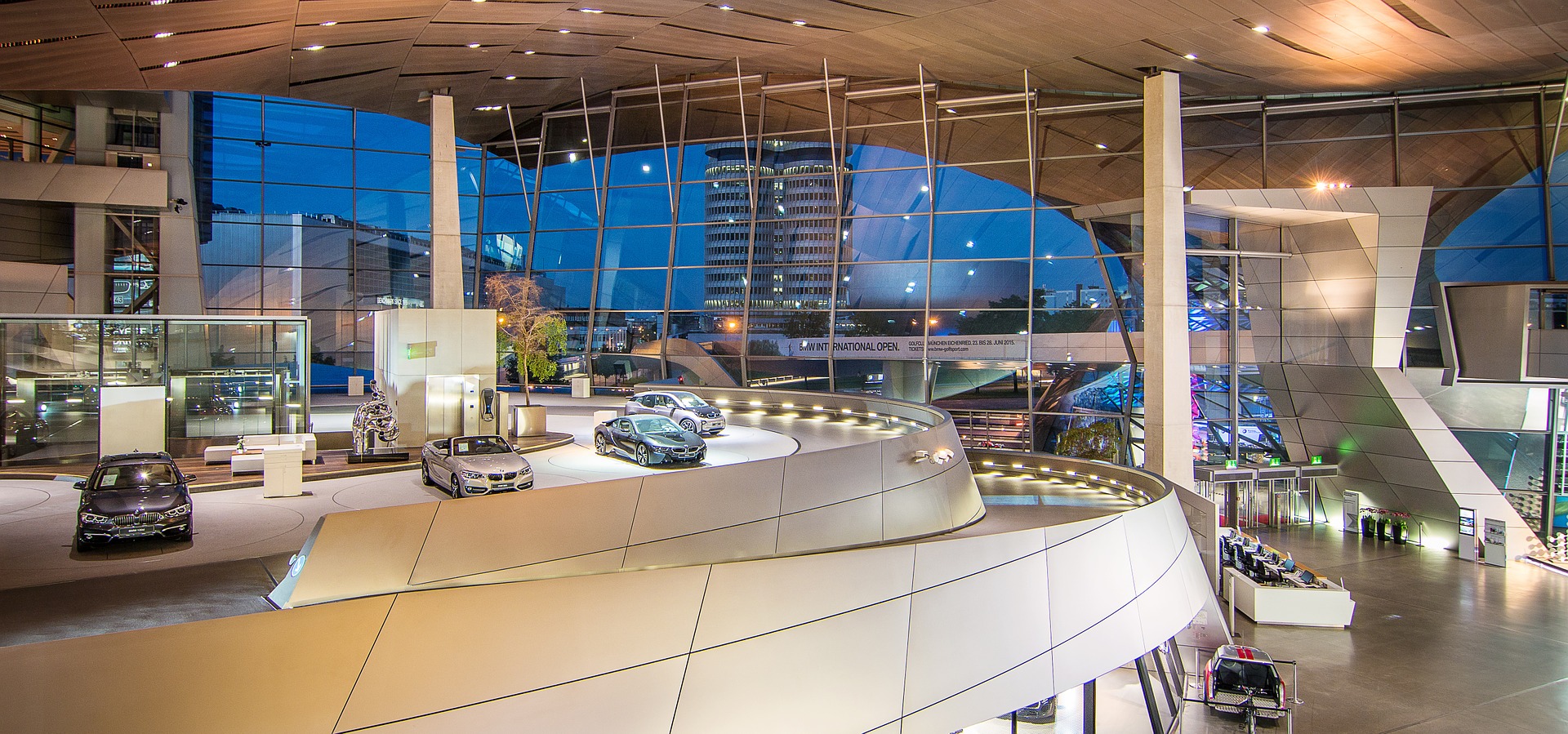
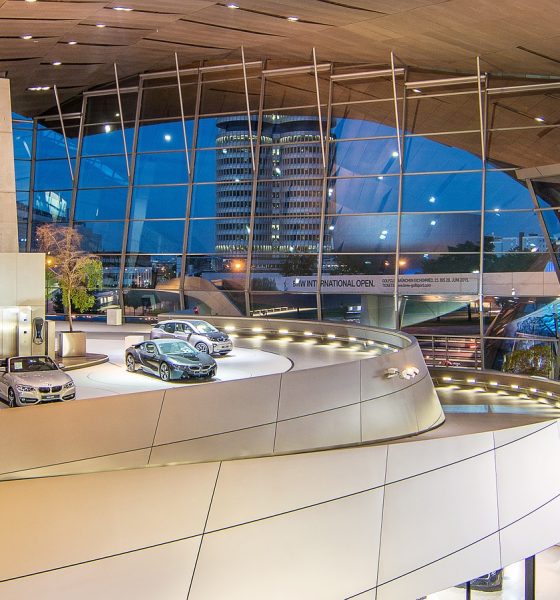
News
SEC charges BMW for misleading investors on US auto sales
The Securities and Exchange Commission (SEC) has pressed charges against German automaker BMW AG, along with its domestic subsidiaries BMW of North America (BMW NA) and BMW US Capital, for misleading investors on US auto sales numbers.
“BMW inflated its reported retail sales in the U.S., which helped BMW close the gap between its actual retail sales volume and internal targets and publicly maintain a leading retail sales position relative to other premium automotive companies,” the SEC press release reporting the charges detailed.
The agency’s investigation found that BWM NA maintained an internal “bank” of unreported retail vehicle sales to use as needed for meeting monthly sales targets irregardless of the actual sale date. Also, BMW NA was found to have paid dealers to designate vehicles as “demos” or “loaners” in order to inflate sales numbers. These practices amounted to material misstatements and omissions to investors.
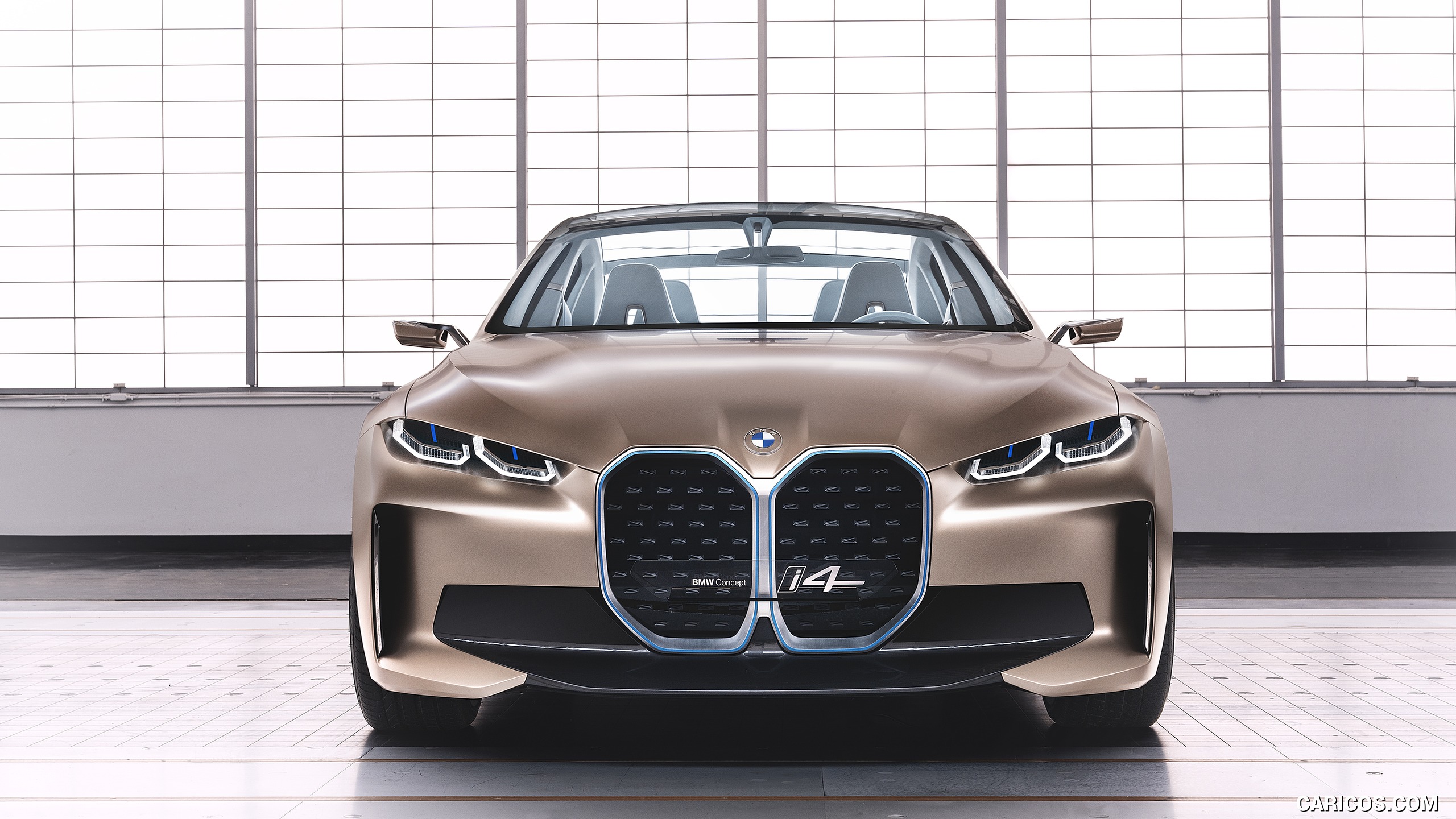
“Through its repeated disclosure failures, BMW misled investors about its U.S. retail sales performance and customer demand for BMW vehicles in the U.S. market while raising capital in the U.S.,” explained Stephanie Avakian, Director of the SEC Division of Enforcement.
Approximately $18 billion dollars in bond offerings were gained by the companies during a 2015-2019 timeframe of repeated disclosure failures. The SEC’s order found that BMW and its subsidiaries violated antifraud provisions of Sections 17(a)(2) and (3) of the Securities Act of 1933. All parties agreed to a joint penalty of $18 million and to cease and desist from future violations without admitting or denying the SEC findings.
BMW previously reported 2.5 million vehicle sales across its BMW, Mini, and Rolls-Royce brands in 2019, a 1.2% increase from 2018. The German automaker has also taken cues from Tesla in offering subscription services for features already present in their vehicles such as automatic high beams and heated seats. However, following the Elon Musk-led company into the realm of electric vehicles has been a bit more of a point of resistance despite the growing popularity of the cars and government support following suit.
In an interview this past January, BMW’s head of Research and Development Klaus Froehlich stated that he believes the various markets of the world simply do not have a real need for electric cars. “On the diesel side, production of the 1.5-liter, three-cylinder entry engine will end and the 400-hp, six-cylinder won’t be replaced because it is too expensive and too complicated to build with its four turbos,” he said in an interview with Automotive News. “However, our four- and six-cylinder diesels will remain for at least another 20 years and our gasoline units for at least 30 years.”

Elon Musk
Tesla to increase Full Self-Driving subscription price: here’s when
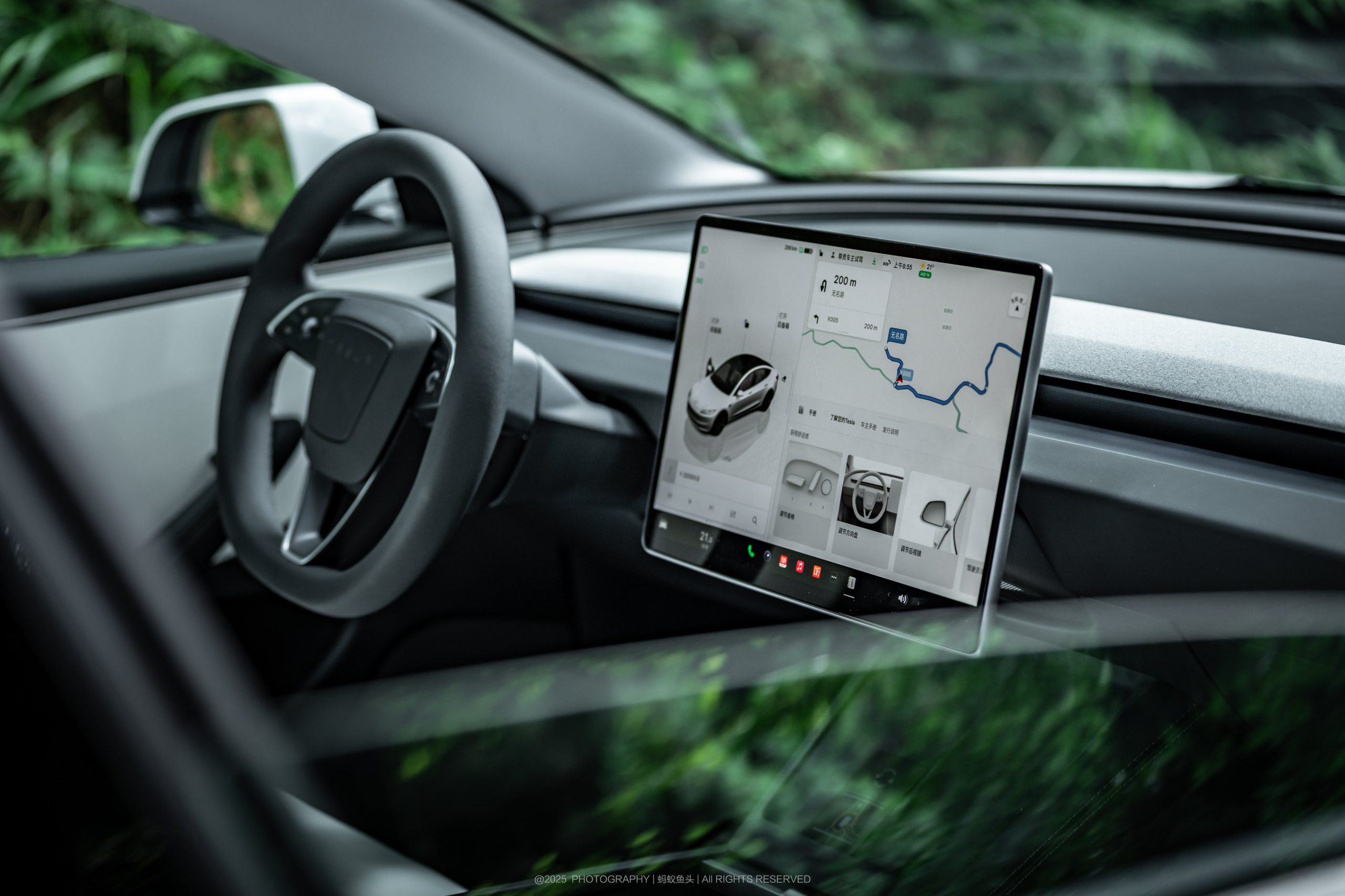
Tesla will increase its Full Self-Driving subscription price, meaning it will eventually be more than the current $99 per month price tag it has right now.
Already stating that the ability to purchase the suite outright will be removed, Tesla CEO Elon Musk said earlier this week that the Full Self-Driving subscription price would increase when its capabilities improve:
“I should also mention that the $99/month for supervised FSD will rise as FSD’s capabilities improve. The massive value jump is when you can be on your phone or sleeping for the entire ride (unsupervised FSD).”
This was an expected change, especially as Tesla has been hinting for some time that it is approaching a feature-complete version of Full Self-Driving that will no longer require driver supervision. However, with the increase, some are concerned that they may be priced out.
$99 per month is already a tough ask for some. While Full Self-Driving is definitely worth it just due to the capabilities, not every driver is ready to add potentially 50 percent to their car payment each month to have it.
While Tesla has not revealed any target price for FSD, it does seem that it will go up to at least $150.
I should also mention that the $99/month for supervised FSD will rise as FSD’s capabilities improve.
The massive value jump is when you can be on your phone or sleeping for the entire ride (unsupervised FSD). https://t.co/YDKhXN3aaG
— Elon Musk (@elonmusk) January 23, 2026
Additionally, the ability to purchase the suite outright is also being eliminated on February 14, which gives owners another reason to be slightly concerned about whether they will be able to afford to continue paying for Full Self-Driving in any capacity.
Some owners have requested a tiered program, which would allow people to pay for the capabilities they want at a discounted price.
Unsupervised FSD would be the most expensive, and although the company started removing Autopilot from some vehicles, it seems a Supervised FSD suite would still attract people to pay between $49 and $99 per month, as it is very useful.
Tesla will likely release pricing for the Unsupervised suite when it is available, but price increases could still come to the Supervised version as things improve.
This is not the first time Musk has hinted that the price would change with capability improvements, either. He’s been saying it for some time. In 2020, he even said the value of FSD would “probably be somewhere in excess of $100,000.”
The FSD price will continue to rise as the software gets closer to full self-driving capability with regulatory approval. It that point, the value of FSD is probably somewhere in excess of $100,000.
— Elon Musk (@elonmusk) May 18, 2020
News
Tesla starts removing outright Full Self-Driving purchase option at time of order

Tesla has chosen to axe the ability to purchase Full Self-Driving outright from a select group of cars just days after CEO Elon Musk announced the company had plans to eliminate that option in February.
The company is making a clear-cut stand that it will fully transition away from the ability to purchase the Full Self-Driving suite outright, a move that has brought differing opinions throughout the Tesla community.
Earlier this week, the company also announced that it will no longer allow buyers to purchase Full Self-Driving outright when ordering a pre-owned vehicle from inventory. Instead, that will be available for $99 per month, the same price that it costs for everyone else.
The ability to buy the suite for $8,000 for a one-time fee at the time of order has been removed:
NEWS: Tesla no longer allows buyers to purchase FSD outright in the U.S. when ordering a pre-owned vehicle directly from inventory. Tesla now gives you the option to either subscribe for $99/month, or purchase FSD outright after taking delivery (available until February 14th). pic.twitter.com/1xZ0BVG4JB
— Sawyer Merritt (@SawyerMerritt) January 23, 2026
This is a major move because it is the first time Tesla is eliminating the ability to purchase FSD outright for one flat fee to any of its vehicles, at least at the time of purchase.
It is trying to phase out the outright purchase option as much as it can, preparing people for the subscription-based service it will exclusively offer starting on February 14.
In less than a month, it won’t be available on any vehicle, which has truly driven some serious conversation from Tesla owners throughout the community.
There’s a conflict, because many believe that they will now lose the ability to buy FSD and not pay for it monthly, which is an attractive offer. However, others believe, despite paying $8,000 for FSD, that they will have to pay more money on top of that cost to get the unsupervised suite.
Additionally, CEO Elon Musk said that the FSD suite’s subscription price would increase over time as capabilities increase, which is understandable, but is also quite a conflict for those who spent thousands to have what was once promised to them, and now they may have to pay even more money.
News
Tesla Robotaxi has a highly-requested hardware feature not available on typical Model Ys
These camera washers are crucial for keeping the operation going, as they are the sole way Teslas operate autonomously. The cameras act as eyes for the car to drive, recognize speed limit and traffic signs, and travel safely.
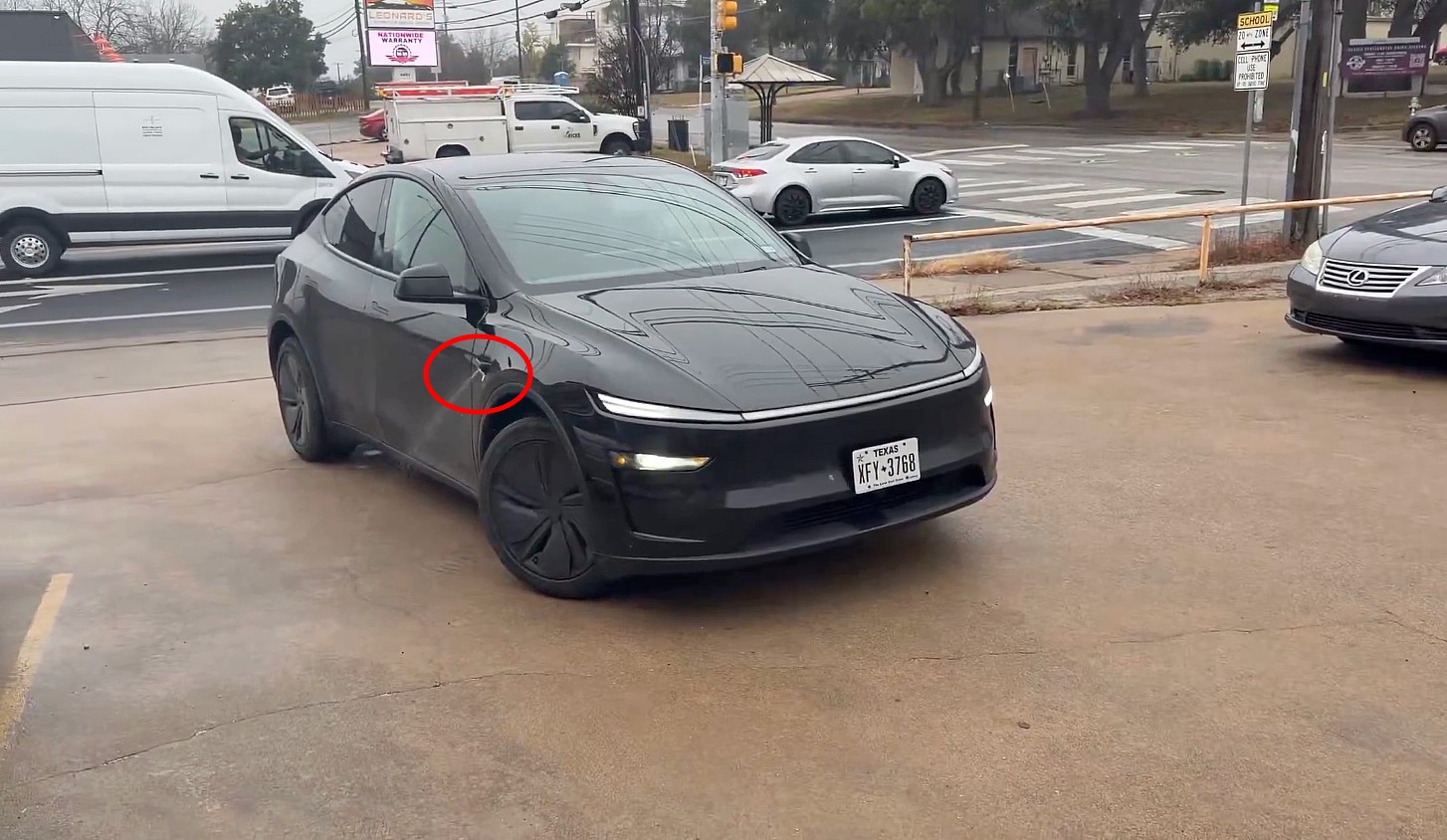
Tesla Robotaxi has a highly-requested hardware feature that is not available on typical Model Ys that people like you and me bring home after we buy them. The feature is something that many have been wanting for years, especially after the company adopted a vision-only approach to self-driving.
After Tesla launched driverless Robotaxi rides to the public earlier this week in Austin, people have been traveling to the Lone Star State in an effort to hopefully snag a ride from one of the few vehicles in the fleet that are now no longer required to have Safety Monitors present.
BREAKING: Tesla launches public Robotaxi rides in Austin with no Safety Monitor
Although only a few of those completely driverless rides are available, there have been some new things seen on these cars that are additions from regular Model Ys, including the presence of one new feature: camera washers.
With the Model Y, there has been a front camera washer, but the other exterior “eyes” have been void of any solution for this. For now, owners are required to clean them manually.
In Austin, Tesla is doing things differently. It is now utilizing camera washers on the side repeater and rear bumper cameras, which will keep the cameras clean and keep operation as smooth and as uninterrupted as possible:
🚨 Tesla looks to have installed Camera Washers on the side repeater cameras on Robotaxis in Austin
pic.twitter.com/xemRtDtlRR— TESLARATI (@Teslarati) January 23, 2026
Rear Camera Washer on Tesla Robotaxi pic.twitter.com/P9hgGStHmV
— TESLARATI (@Teslarati) January 24, 2026
These camera washers are crucial for keeping the operation going, as they are the sole way Teslas operate autonomously. The cameras act as eyes for the car to drive, recognize speed limit and traffic signs, and travel safely.
This is the first time we are seeing them, so it seems as if Safety Monitors might have been responsible for keeping the lenses clean and unobstructed previously.
However, as Tesla transitions to a fully autonomous self-driving suite and Robotaxi expands to more vehicles in the Robotaxi fleet, it needed to find a way to clean the cameras without any manual intervention, at least for a short period, until they can return for interior and exterior washing.









